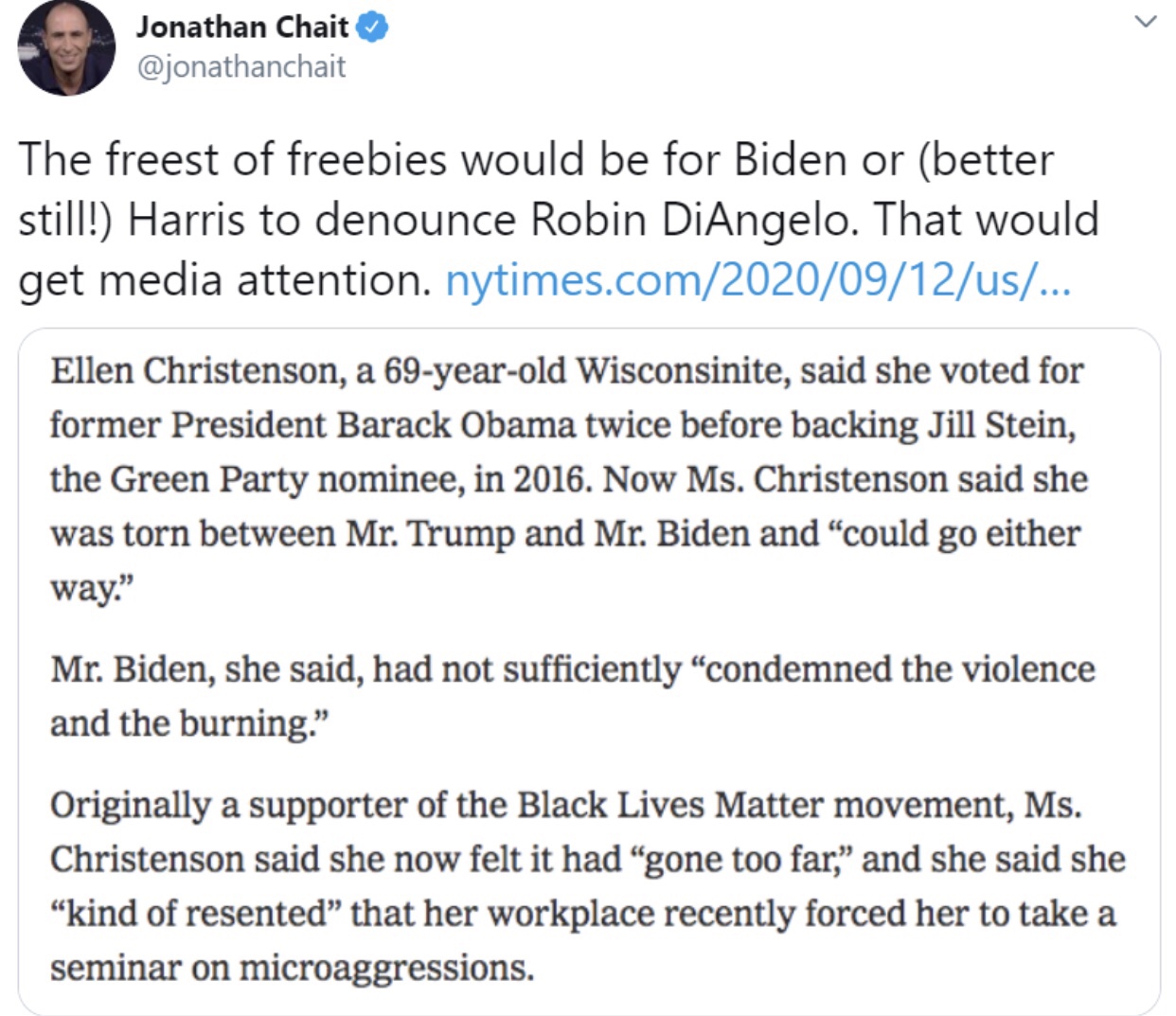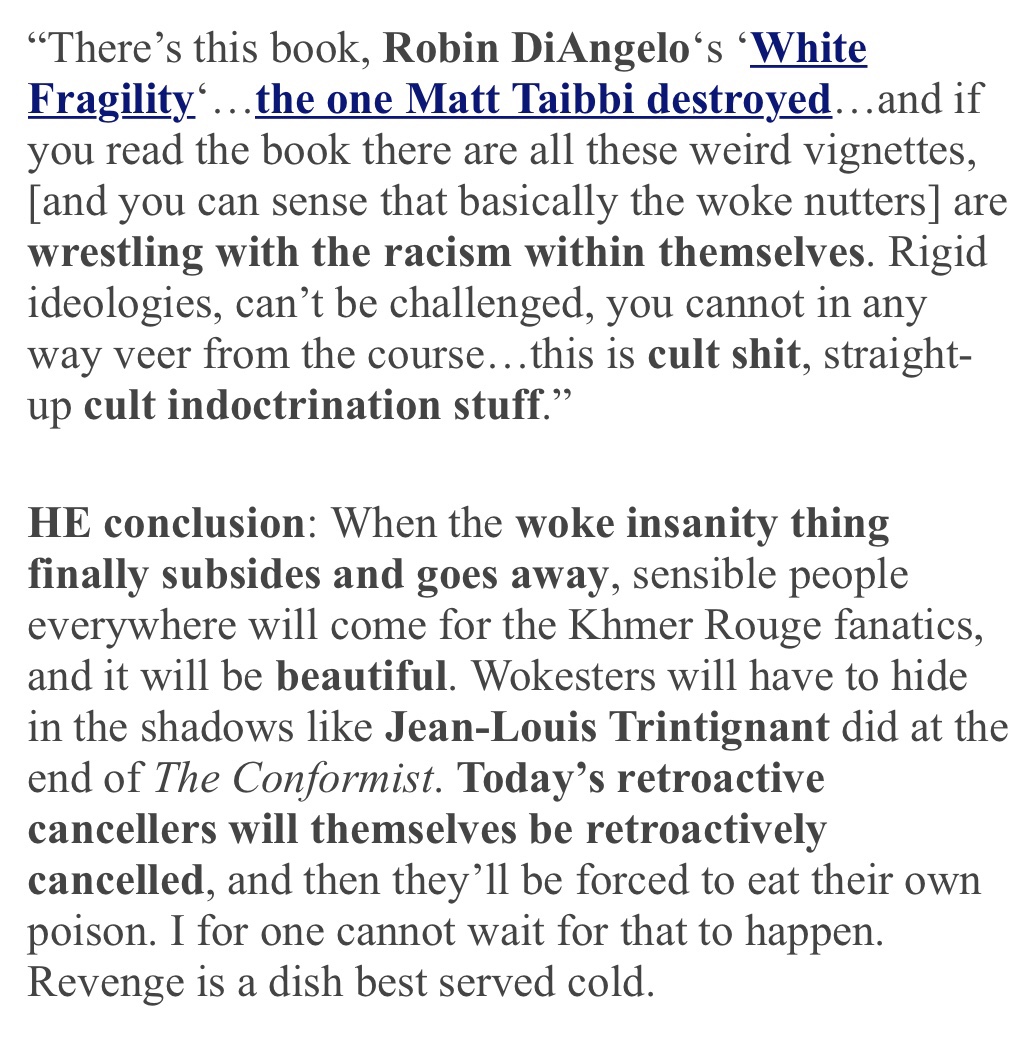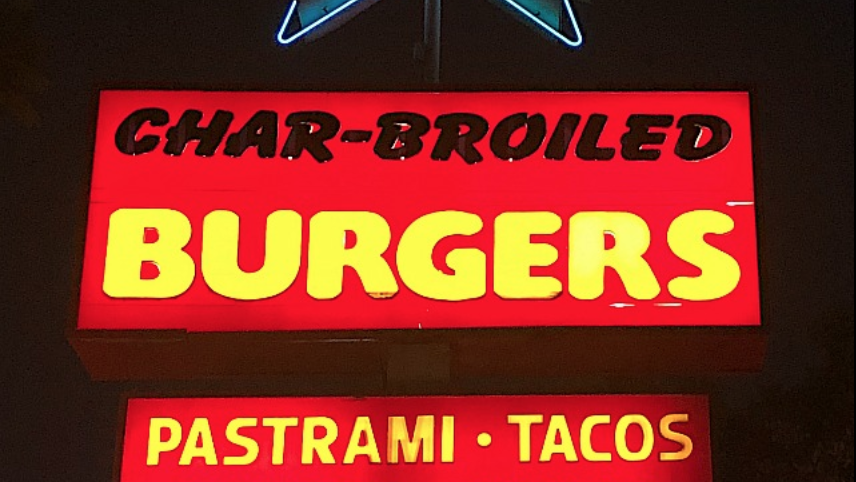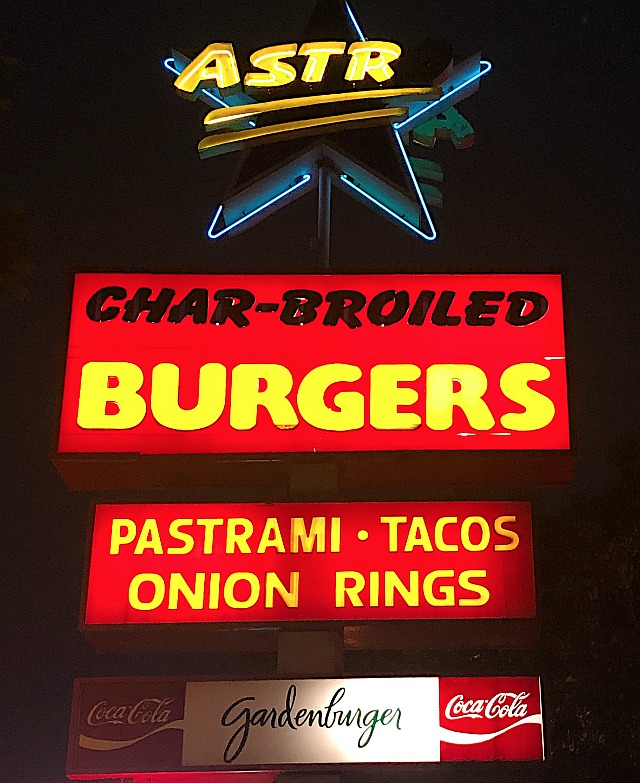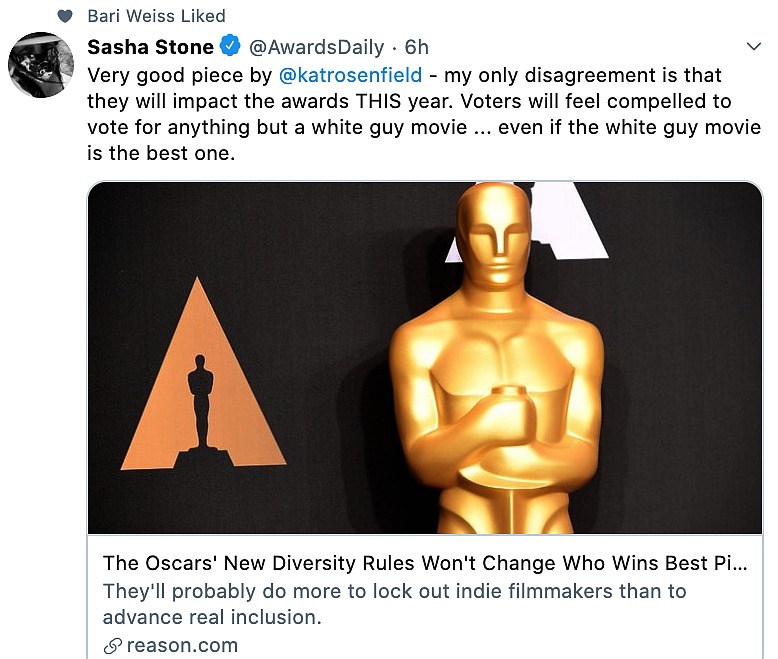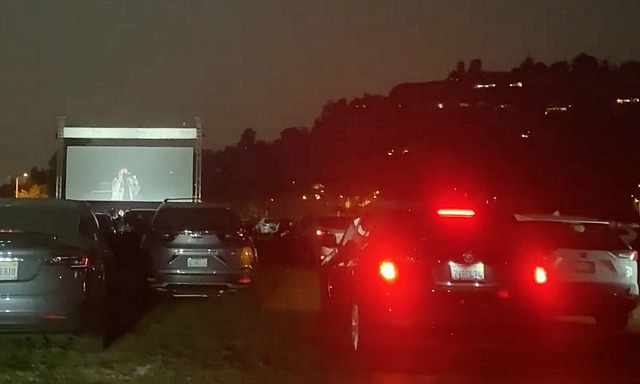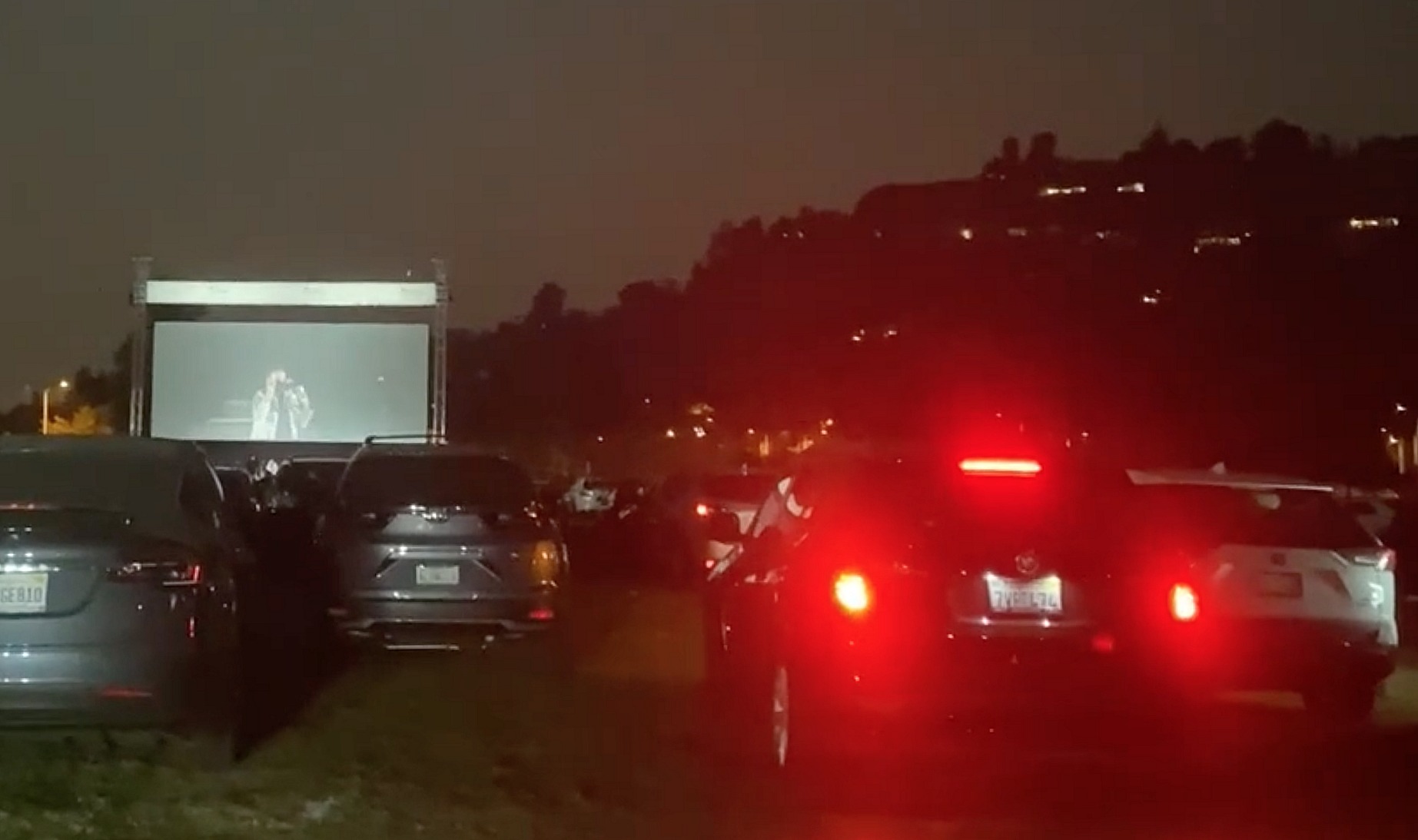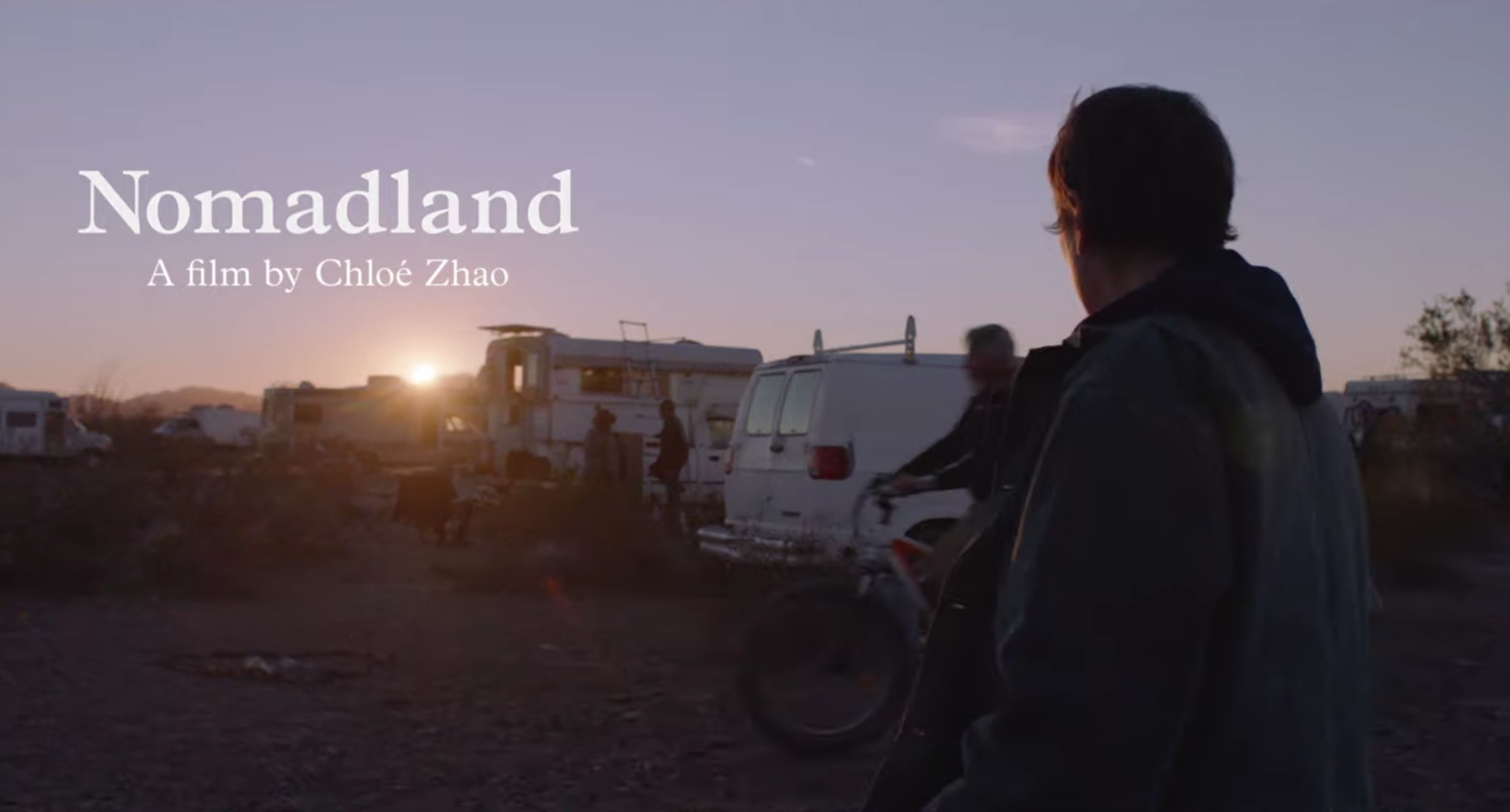13 and 1/2 years ago I wrote about an evening with Walter Murch, one of the most renowned film and sound editors of our time, at the San Francisco Museum of Modern Art.
Murch’s appearance followed a screening of David and Edie Ichioka‘s Murch, a highly engaging doc that covers his career (editing of THX 1138, Apocalypse Now, The Godfather I, II and III, American Graffiti, The Conversation, The Unbearable Lightness of Being, The Talented Mr. Ripley, The English Patient) and the three Academy Award wins.
Please listen to this recording of Murch’s post-SFMOMA screening chat. Yeah, that’s me and my fractured syntax asking the first two questions.
I also asked Murch about machine-gun cutting in action movies, and at what point does it get to be too much? I was thinking at the time of the editing in 2004’s The Bourne Supremacy, portions of which had driven me crazy. Murch said audiences do indeed start to go nuts if you use more than 14 set-ups per minute.
One can obviously cut back to the same set-up — a visual point of view — within a given minute, so Murch wasn’t saying only 14 cuts every 60 seconds. Nor was he necessarily putting a limit on the number of cuts per set-up. But let’s say for the sake of simplicity that during an action sequence you use two cuts per set-up — by Murch’s rule that would mean no more than 28 cuts per minute, or a little more than two seconds per cut. That sounds too frenzied, doesn’t it? But maybe not.
Long regarded as the Yoda of film and sound editors, the smooth and avuncular Murch, 77, is presumably still going strong. For anyone willing to just sit and listen to a hugely articulate man expound on a fascinating art form. Murch’s needle-sharp vocabulary and exquisite phrasings are a contact high in themselves.
Anyway here’s another doc about Murch, recently assembled by Jon Lefkowitz, called “SIGHT & SOUND: The Cinema of Walter Murch.” Here’s (a) an introduction, and (b) the doc itself:


